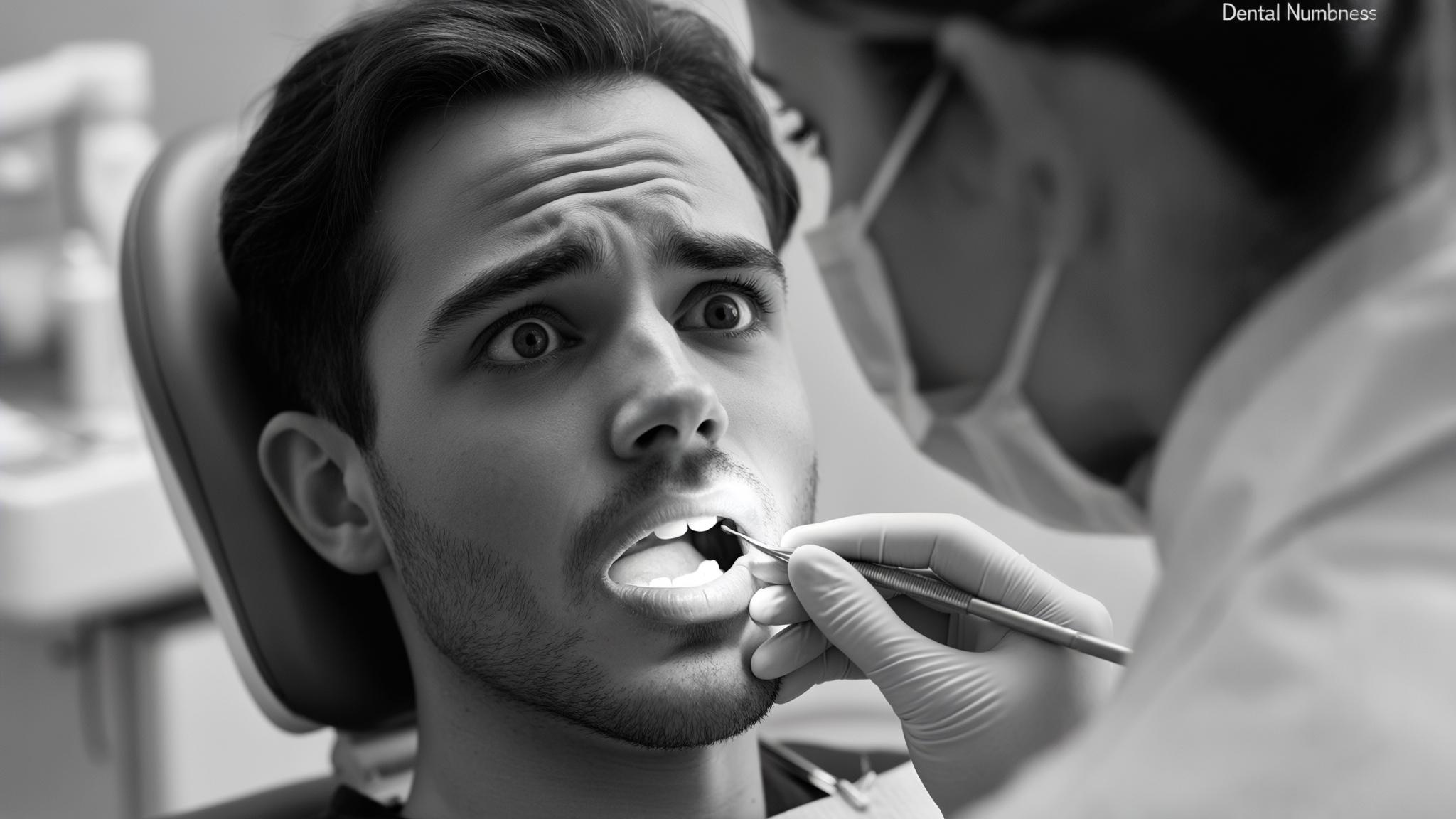Introduction
Dental procedures are a necessary part of maintaining oral health, but they can sometimes lead to temporary side effects like numbness. This numbness is often a result of local anesthesia used during treatments such as fillings, extractions, or implants. Understanding why numbness occurs and when it might indicate a more serious issue is crucial for patients. This article will delve into the common causes of numbness post-dental treatment and highlight when it might be a sign of something more serious.
Understanding Numbness After Dental Treatment
Common Causes of Numbness in Dental Contexts
Numbness after dental procedures is typically due to local anesthesia, which temporarily blocks nerve signals to prevent pain during treatment. This is a normal and expected part of many dental visits. However, numbness can also result from surgical procedures like tooth extractions or dental implants, where nerves might be closer to the treatment area.
Duration of Numbness: What is Normal?
It's normal for numbness to last a few hours after a dental procedure. Immediate numbness is expected, but if it extends beyond the typical recovery time, it may be worth further investigation. Factors such as the type of procedure, the patient's health, and the specific anesthetic used can influence how long numbness lasts.
When Numbness Becomes a Concern
Definition of Persistent Numbness
Persistent numbness is when the sensation lingers beyond the usual timeframe expected after a procedure. This could be a sign of an underlying issue that needs attention.
Signs That Indicate Numbness May Be Serious
If numbness persists beyond the expected recovery period, or if it is accompanied by other symptoms like pain, tingling, or weakness, it might be more serious. These signs could indicate nerve damage, infection, or an allergic reaction to the anesthetic used during the procedure.
Potential Causes of Serious Numbness
Serious numbness can be caused by nerve damage, which might occur if a nerve was injured during the procedure. Infection or inflammation in the area can also lead to prolonged numbness. In rare cases, an allergic reaction to the anesthesia could be responsible.
The Role of Dental Professionals
Importance of Communication with the Dentist
Open communication with your dentist is crucial. Reporting any unusual symptoms or concerns promptly can help in diagnosing and treating any potential issues early. Dentists provide post-treatment care instructions that are vital for recovery.
Diagnostic Procedures
If numbness persists, your dentist may perform a clinical examination and possibly use imaging studies like X-rays or MRIs to assess the situation. In some cases, they may refer you to a specialist for further evaluation.
Treatment Options for Serious Numbness
Conservative Management
For cases where numbness is not immediately concerning, observation and monitoring might be recommended. Medications such as anti-inflammatories or pain relief can also help manage symptoms.
Surgical Interventions
In more severe cases, surgical options like nerve repair procedures or decompression surgeries may be necessary to address the underlying cause of the numbness.
Rehabilitation Options
Rehabilitation through physical or occupational therapy can aid in recovery and help restore normal sensation and function.
Preventative Measures
Best Practices for Dental Professionals
Dentists can minimize the risk of numbness by using proper anesthesia techniques and conducting thorough patient assessments before procedures.
Patient Awareness and Education
Patients should be informed about the risks associated with dental treatments and the importance of following post-treatment instructions to reduce the likelihood of complications.
Conclusion
Understanding the potential for numbness after dental treatment and knowing when it might be a concern is important for all patients. If you experience persistent numbness, don't hesitate to seek professional advice. Addressing dental emergencies promptly can prevent further complications and ensure a smooth recovery.
References
- "Local Anesthesia in Dentistry," Journal of the American Dental Association.
- "Managing Nerve Injuries in Dental Practice," Dental Clinics of North America.
- "Post-Operative Care in Oral Surgery," British Dental Journal.

